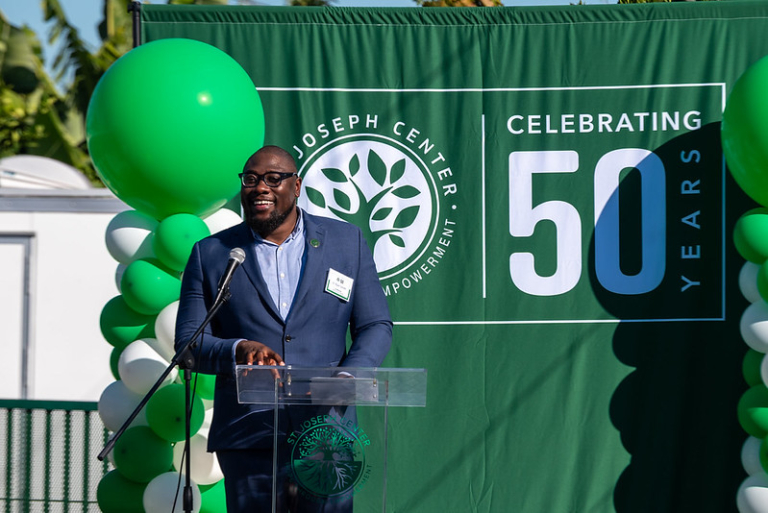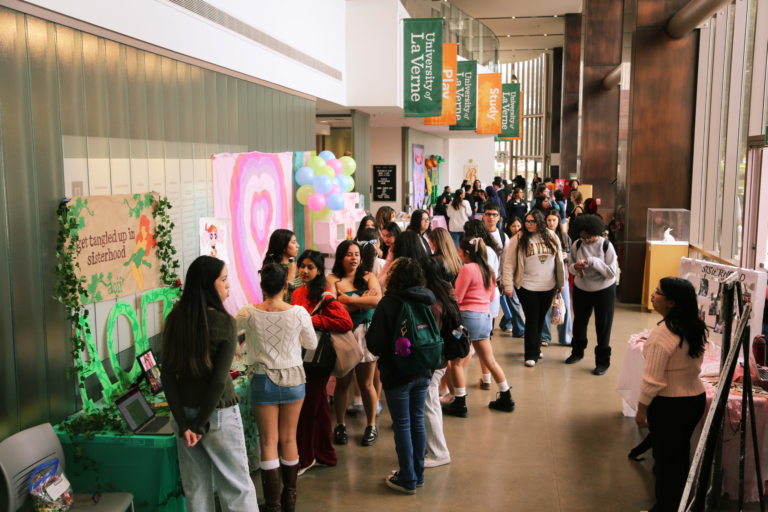A Message From the President
Dear University Community,
Since my message to you on May 30, I have been troubled and charged to action. Not only in coordination with key faculty, staff, and administrators, but also in meetings with community partners on how we can improve our learning and working environment for all. That being said, I believe it appropriate I make a stronger statement in support of our Black community.
I recognize that I do not know what it is to be Black, and therefore it is impossible for me to know how our Black students, faculty, staff, and alumni are feeling about the callous killings of George Floyd, Breonna Taylor, and so many other Black lives. Yet as a human being, I am pained by the unacceptable acts that most likely would have been avoided had their skin been a different color.
Each of these injustices represents not only the loss of a precious life, but more than 400 years of systemic and institutional racism and oppression that have brought us to this moment in unity to affirm that Black Lives Matter.
As the leader of our university, I alone cannot solve these deep and systemic problems. However, I can and will continue to use my platform and authority to drive our community to confront this challenge through real and tangible action. This journey will be imperfect, but continuous.
We have heard the voices of faculty, staff, and students who have called for increased cultural understanding within our community, and we are acting to make meaningful and structural change.
That includes the implementation last year of mandatory diversity and inclusion training for employees; faculty development to integrate diversity into curriculum; and piloting assessment tools to evaluate courses for cultural competence.
We have enacted cultural competence training for participants on search committees, and we created search protocols to help ensure equitable practices within the search and hiring process. Diversity and inclusion training was provided for student leaders with plans to expand to all students, and I and 19 other university leaders will participate in the USC Equity Institute this year to engage, learn, and improve to advance racial equity.
As we move forward, we will continue to review policies and programs through an equity lens. Initiatives already underway include assessing faculty rubrics for cultural competence and their use in the faculty review, promotion, and tenure process, including post-tenure review; updating employee onboarding with integration of cultural competency as a key component; aligning performance review standards with best practices for cultural competence; and launching a required La Verne Experience course on diversity, equity, and leadership for all traditional undergraduate students.
In addition, I appointed Dr. Alexandra Burrel as interim chief diversity, equity, and inclusion officer. Dr. Burrel reports to me and serves as a member of the President’s Cabinet. She will lead, partner, and collaborate across all our campuses to ensure the university maintains deliberate plans, polices, structures, and practices to support all students, faculty, and staff.
These initiatives are not a destination, but part of an ongoing journey. Thank you for your support and partnership as we affirm the value of Black lives and continue together to build a more equitable, safe, and just campus for our Leo community.
Sincerely,

Devorah Lieberman, PhD
President


